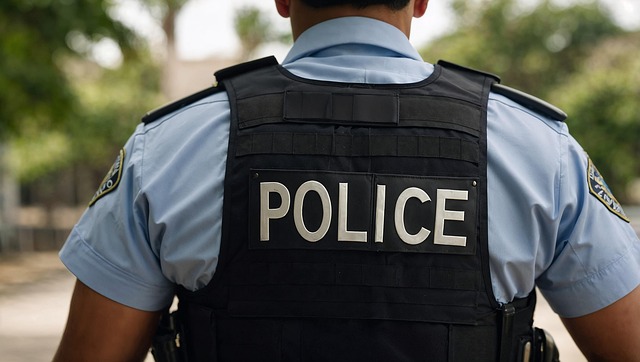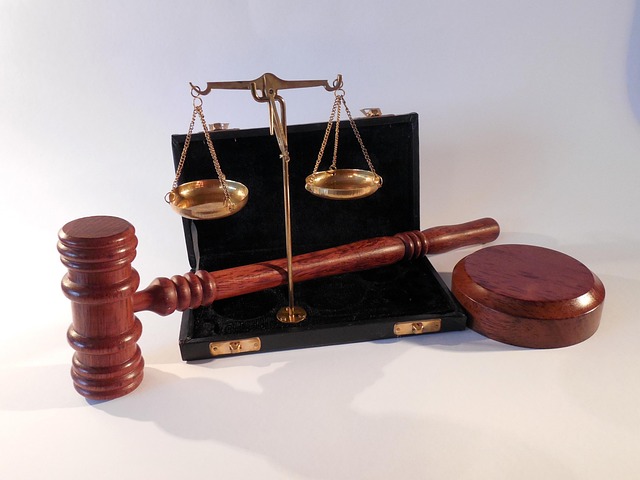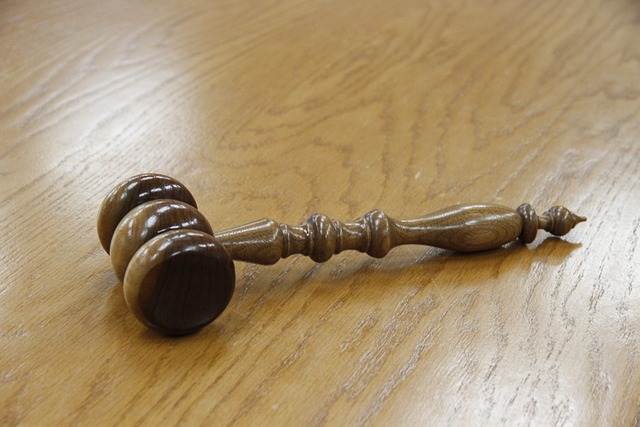Environmental Crime Trials, a growing legal domain, combat individuals and corporations guilty of ecological damage from pollution to climate change denial. These cases demand meticulous evidence gathering, expert testimony, and knowledge of environmental laws. Successful prosecutions result in substantial compensation from class action lawsuits, fostering sustainable practices for future generations. Driven by public interest, these trials ensure accountability and justice for ecosystems and communities harmed by polluters, with high-stakes cases leading to significant financial redress and community recovery. Class action lawsuits, by consolidating individual claims, empower victims to hold corporate wrongdoers accountable and achieve substantial compensation from class action lawsuits for both financial relief and systemic change.
“Environmental Crime Trials: Holding Polluters Accountable Through Legal Action
This comprehensive guide explores the intricate world of environmental crime trials, where justice meets ecological preservation. We delve into the legal intricacies of understanding these cases, examining their profound impact on communities and ecosystems. From class action lawsuits to compensation mechanisms, discover collective approaches to combat environmental pollution. Real-world examples highlight successful outcomes, demonstrating the power of legal recourse in securing justice and reimbursement for victims through class action compensation.”
- Understanding Environmental Crime Trials: A Legal Perspective
- The Impact and Consequences of Environmental Polluters
- Class Action Lawsuits: A Collective Approach to Justice
- Compensation Mechanisms: Ensuring Fair Reimbursement for Victims
- Real-World Examples: Successful Environmental Crime Trial Outcomes
Understanding Environmental Crime Trials: A Legal Perspective

Environmental Crime Trials, a burgeoning legal field, focus on prosecuting individuals and corporations for malicious actions against the environment. These trials, often complex due to the intricate nature of environmental damage, require meticulous evidence collection and expert testimony. From pollution and deforestation to climate change denial, these cases span various transgressions. Legal strategies vary from winning challenging defense verdicts to achieving extraordinary results in settlements, which can include substantial compensation from class action lawsuits. This form of redress not only deters future misconduct but also provides a measure of justice for harmed ecosystems and communities.
Successful prosecution often hinges on stringent evidence evaluation, expert analysis, and understanding the legal framework governing environmental protection. Navigating these trials demands keen awareness of local, national, and international laws. Moreover, public interest plays a pivotal role in driving these cases forward, pushing for accountability and ensuring that those responsible face consequences. Ultimately, the goal is to not only avoid indictment but also to foster sustainable practices and protect our planet for future generations.
The Impact and Consequences of Environmental Polluters

The impact of environmental polluters extends far beyond immediate ecological damage; it reverberates through communities, economies, and societies at large. When businesses and individuals engage in illicit dumping or discharge pollutants without regard for safety standards, they not only contaminate air, water, and soil but also put public health at grave risk. The consequences are manifold: from respiratory illnesses to cancer, from disrupted ecosystems to lost livelihoods—the toll is often severe and long-lasting.
High-stakes cases involving environmental crime can lead to significant compensation from class action lawsuits, serving as a powerful deterrent for future offenders. These legal battles not only seek justice for affected individuals and communities but also compel polluters to face the full extent of their actions. Moreover, the outcomes of such trials can funnel resources back into the communities that have been most harmed, fostering recovery and resilience. Philanthropic and political communities play a crucial role in supporting these efforts, ensuring that environmental injustices are not only addressed but also mitigated for future generations.
Class Action Lawsuits: A Collective Approach to Justice

In the realm of environmental crime, where harm is often widespread and victims numerous, class action lawsuits emerge as a powerful tool for justice. These collective legal actions allow individuals who have suffered similar environmental injuries to band together, strengthening their case against polluters. By pooling resources and sharing evidence, plaintiffs can achieve a stronger position in jury trials, aiming for substantial compensation from class action lawsuits to redress the damage done. This approach not only provides financial relief but also serves as a deterrent, potentially altering corporate behavior and fostering accountability within the white collar defense industry.
Moreover, class action suits have implications that extend beyond monetary compensation. They rally the support of affected communities, including philanthropic and political groups, who can collectively push for stricter environmental regulations and more responsible business practices. This collective impact ensures that justice is not merely served but also drives systemic change, leaving a lasting positive effect on both the environment and the communities dependent on it.
Compensation Mechanisms: Ensuring Fair Reimbursement for Victims

In Environmental Crime Trials, one of the critical aspects is establishing effective compensation mechanisms to ensure victims receive fair reimbursement for their losses. Class action lawsuits have emerged as a powerful tool in this regard, enabling affected communities to collectively seek justice and redress against polluters. By banding together, plaintiffs can demand substantial compensations that may otherwise be unattainable through individual legal proceedings. This collective action not only provides financial relief but also sends a strong message of accountability to corporate and individual clients responsible for environmental harm.
Beyond class action lawsuits, innovative approaches such as restitution orders and environmental restoration projects contribute to the overall compensation strategy. Restitution ensures that criminals directly compensate victims for their actions’ impact, fostering a sense of justice. Moreover, restoring damaged ecosystems through community-led initiatives can have both monetary value and symbolic significance, addressing past wrongs and promoting long-term environmental sustainability. An unprecedented track record of successful prosecutions and compensations underscores the growing effectiveness of these mechanisms in holding polluters accountable.
Real-World Examples: Successful Environmental Crime Trial Outcomes

In recent years, several high-profile cases have demonstrated the power of environmental crime trials in holding polluters accountable and securing justice for affected communities. One notable example is the trial against a major chemical company accused of contaminating local water sources, resulting in severe health issues for residents. The plaintiffs, represented by experienced environmental lawyers, successfully argued that the company’s actions constituted a form of toxic waste pollution, leading to substantial compensation from class action lawsuits. This outcome not only provided much-needed financial relief to the victims but also set a precedent for future cases involving corporate environmental negligence.
Another successful case involves a company involved in illegal deforestation practices. Through meticulous investigation and strong legal arguments, environmental activists managed to avoid indictment for the general criminal defense strategies employed by the company. Instead, they secured a plea deal that required significant reforestation efforts and imposed strict penalties. This approach not only punished the offenders but also contributed to the restoration of the ecosystem, showcasing a balanced approach to environmental justice. White-collar defense tactics can be effective in these scenarios, focusing on mitigating damages while ensuring corporate accountability.
Environmental crime trials play a pivotal role in holding polluters accountable and ensuring justice for affected communities. By combining legal expertise with an understanding of environmental impact, these cases aim to not only penalize wrongdoers but also restore balance to ecosystems. Through class action lawsuits, victims can collectively seek compensation from the mechanisms available, fostering a sense of fairness and accountability. Successful real-world outcomes demonstrate the power of these trials in driving positive change, setting precedents for future environmental protection efforts.






